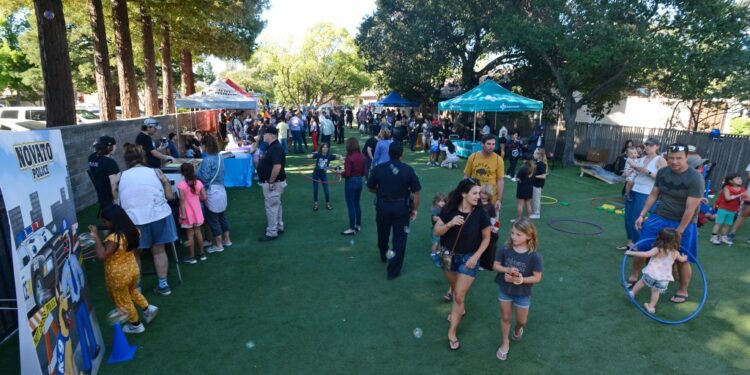We have been warned that runaway polarization will lead to a deterioration of democracy in the United States. In fact, 72% of Americans believe that the U.S. is no longer emblematic of a strong democracy according to Pew Research Center analysis.
To our own detriment, we overlook the role of neighborhood associations in improving our civic health.
Almost two centuries ago, Alexis de Tocqueville, a French historian and politician, wrote in “Democracy in America” that voluntary associations are critical to democratic governance. Since then, a rich tradition of participatory democracy has flourished throughout California’s cities and communities by way of neighborhood associations.
As a former executive director of a neighborhood council who now studies civic engagement, I view neighborhood associations as California’s schools of democracy.
Neighborhood associations practice democracy in action by organizing civic participation in local governance. Strategies to improve our communities result in a more active population that’s familiar in electoral and municipal processes. For example, Pico Neighborhood Association v. Santa Monica, a lawsuit contesting at-large elections, shows how a neighborhood association can improve racial and ethnic representation on a city council and protect voting rights.
Deliberating and solving problems with our neighbors is also central to a thriving democracy. When we think of civic engagement, the first thing that often comes to mind is voting in elections. Yet civic engagement takes many forms. We practice democracy when we debate community issues and take collective action to improve our neighborhoods.
While organizing hundreds of thousands of public forums, neighborhood associations develop innovative approaches to improve civic health through livable community initiatives. And, importantly, diverse tactics are used to best meet local needs. These initiatives strengthen our social ties while building community capital to, indeed, form a more perfect union.
In all of these ways, neighborhood organizations are sites for the constitution of citizens, practice arenas of democracy and training grounds for public office.
It is unfortunate that critics of neighborhood associations focus on the minority that embody NIMBY or not-in-my-backyard values for their private interests. Rather, Americans are serving the public good in far greater numbers. Approximately 51% of people volunteer to help our neighbors, according to the Volunteering and Civic Life in America survey.
With heightened attention to democratic values during this election season, let us lend a hand to the schools of democracy in our own backyard. A perennially active citizenry practicing democracy produces a higher yield, regardless of the season.
Melissa Mathews is an associate professor in the Graduate Center for Public Policy and Administration at Cal State Long Beach. Distributed by CalMatters.org.
Source link : http://www.bing.com/news/apiclick.aspx?ref=FexRss&aid=&tid=671f079d42df41c5a07bc3a980b706bd&url=https%3A%2F%2Fwww.marinij.com%2F2024%2F10%2F26%2Fnimbys-obscure-the-democratic-value-of-californias-neighborhood-associations%2F&c=10721604978683681924&mkt=en-us
Author :
Publish date : 2024-10-26 13:00:00
Copyright for syndicated content belongs to the linked Source.









